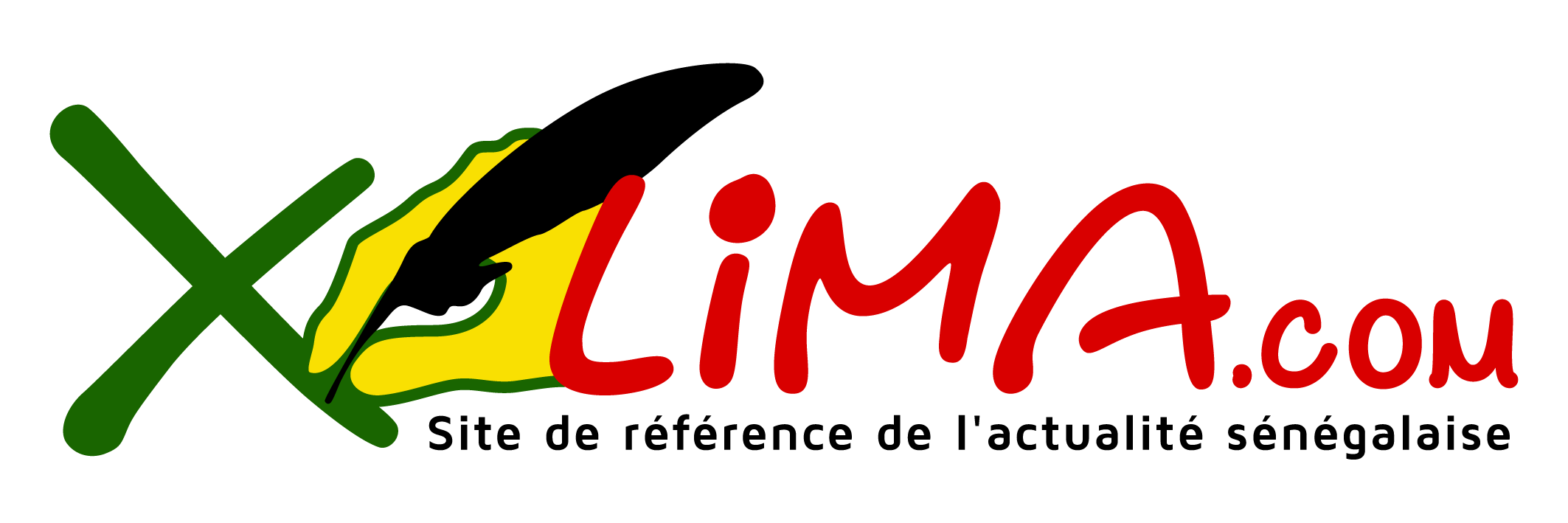 Ivory Coast footballer star Didier Drogba has told the BBC he hopes he can help heal the scars of his country’s bloody post-election violence.
Ivory Coast footballer star Didier Drogba has told the BBC he hopes he can help heal the scars of his country’s bloody post-election violence.
The Chelsea striker was talking about his role on the recently launched Truth and Reconciliation Commission.
He said he had not hesitated in taking the post but added: « It’s not going to be easy, I’m not superman. »
About 3,000 people were killed and 500,000 displaced in four months of violence after November’s election.
Laurent Gbagbo, popular in the south of the country, refused to accept defeat and hand over power, despite the UN declaring Alassane Ouattara – his long-time foe – the winner.
Mr Ouattara, whose power base is in the north, took office in April after Mr Gbagbo was captured with the backing of UN and French forces in the main city, Abidjan.
‘I want to go back’
Mr Drogba, who represents Ivory Coast’s diaspora on the 11-member commission, said every Ivorian has been affected by the conflict – and he had also lost friends and relatives.
« I hope that in a few years’ time people from north from south – from all the different places – they will be able to sit together and say sorry, » he said.
« You’ve got to make people understand that this country is better when there’s peace, this country is better when we forgive.
« I want to go back and I want my kids as well to go back and live in Ivory Coast. »
Mr Drogba, who comes from the same region as the ex-president, said it was going to be difficult to manage expectations but his influence in the past had shown how « football can bring people together » – pointing to the 2006 when Ivory Coast qualified for the finals for the first time.
TRC chairman Charles Konan Banny, a former prime minister, met Mr Drogba on Tuesday in London to discuss the arrangements for the commission.
« We are 11. Didier Drogba is number 11 in the national team. This time it’s not a game, » Reuters news agency quotes him as telling journalists.
Ivory Coast – the world’s largest cocoa producer – used to be seen as a haven of peace and prosperity in West Africa.
But under the surface, the country has long been deeply divided along ethnic, religious and economic lines.
November’s poll was intended to fully reunify the country, split in two after a civil war in 2002.
Mr Ouattara has said his government will pursue reconciliation, but there will also be justice for victims of the conflict.
Mr Gbagbo is under house arrest and has been charged with looting, armed robbery, and embezzlement.
BBCNEWS



